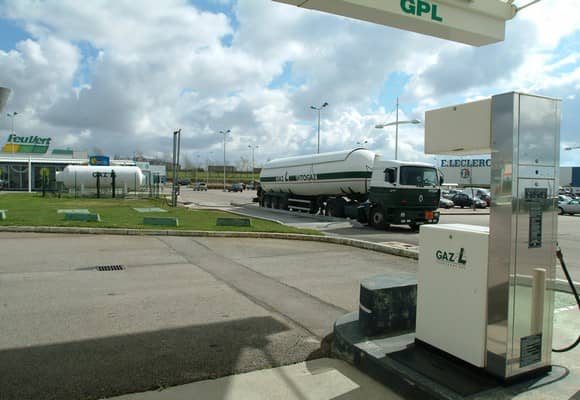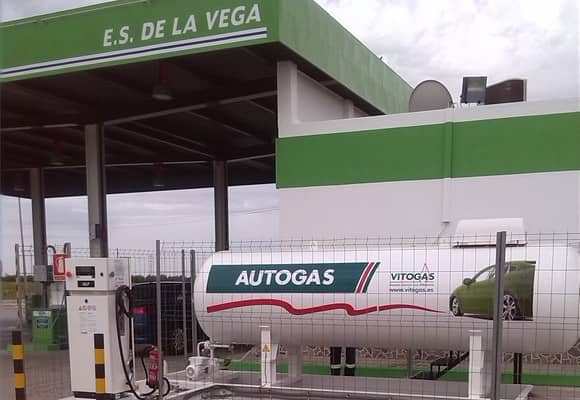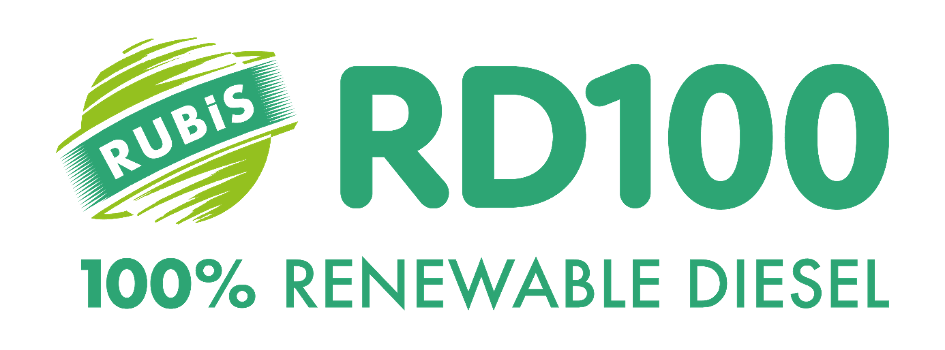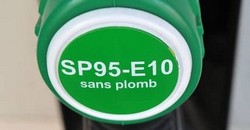Fuels in service stations
Every day in 23 countries through our 1,026 service stations, we sell premium road fuels to thousands of road users.
Every day in 23 countries through our 1,026 service stations, we sell premium road fuels to thousands of road users.
(*) Ultra Tec is an advanced fuel additive found in our RUBIS and VITO fuels. It is the vanguard of additive technology. It improves vehicle cleanliness and performance while reducing fuel consumption and emissions for a cleaner environment.



In France, our LPG fuel is distributed at 291 stations in the BP network and the supermarket network under the GAZ’L brand.

In Spain, our LPG fuel is distributed at 233 stations in the DISA network and other independent companies under the Autogas brand.
Due to its limited ecological footprint, LPG fuel is supported by many measures put in place by governments.
Compared to petrol or diesel, the environmental impact of LPG fuel is much more favourable. In real traffic conditions, a LPG fuel vehicle emits 18% less CO2 on average, 10 times fewer fine particles and up to 97% less CO than a petrol vehicle. LPG fuel nitrogen oxide (NOx) emissions are equivalent to gasoline, but 13 times lower than diesel.
In the Channel Islands, we market advanced biofuel, produced from plant, residual or waste raw materials and marketed under the name RD100.
Currently, it is the most sustainable fuel for diesel vehicles on the market, with 89% less CO2 emissions, 30% less particles and 9% less nitrogen oxides compared with fossil diesel.
Starting to offer HVO at our service stations is a way for us to contribute to the transition to sustainable mobility and meet our customers’ demand for non-fossil fuels. With HVO, the main pollution problems are already solved. This will give the diesel engine a new future.

We distribute SP95-E10 fuel in our Corsican and Jamaican stations. It is an unleaded petrol that contains up to 10% ethanol in volume.
Bioethanol is currently the only renewable energy immediately available partially replace petrol. It is produced from plants, mixed with petrol, then distributed to service stations.
Bioethanol reduces net greenhouse gas emissions by more than 71% (source: ePURE 2018) on average compared with petrol.

Rubis Energie’s objective is to meet the fundamental needs of individuals and professionals in terms of energy and mobility, by ensuring the accessibility of our products in a sustainable manner through the control of the supply chain.
Rubis Energie offers a diversified matrix of products and services. 52% of its turnover is achieved with B2C customers as opposed to 48% with B2B customers: